
Benefits of speed breeding for Indian Crops
- Home
- Benefits of speed breeding for Indian Crops
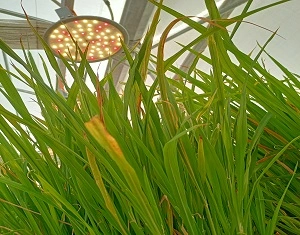
Benefits of speed breeding for Indian Crops
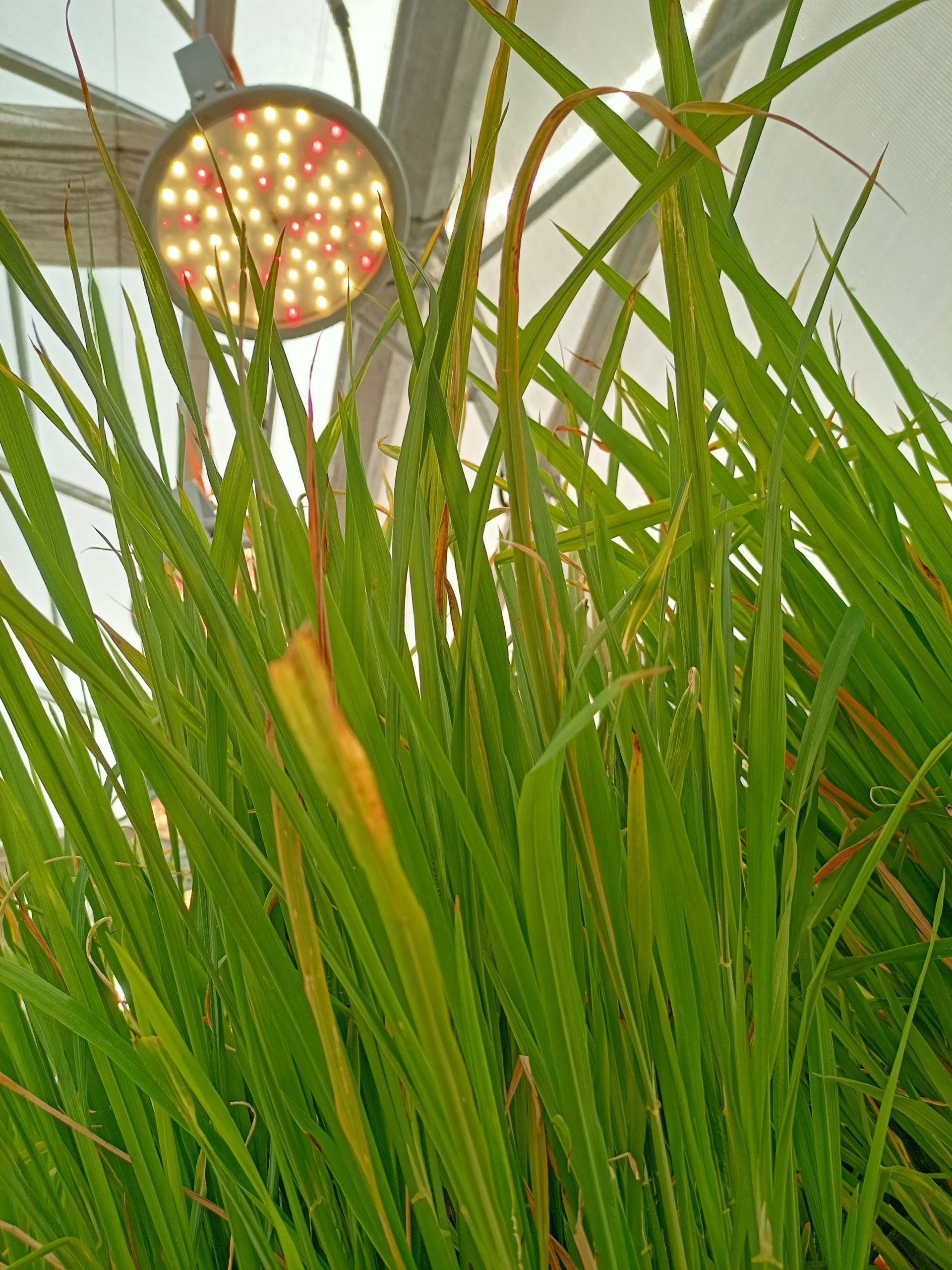
Introduction: In the face of a rapidly expanding global population and escalating threats to crop yields, the agricultural community is turning to innovative solutions to meet the ever-growing demand for food. One such groundbreaking tool is Speed Breeding (SB), a cutting-edge technique that leverages modern technologies, particularly LED lighting, to accelerate the plant breeding process. This article explores the manifold advantages of implementing SB techniques in Indian agriculture, shedding light on how it addresses food security concerns and propels advancements in crop genetics.
Understanding Speed Breeding: Speed Breeding involves the modification of key growing variables such as photoperiod, temperature, soil moisture, population density, and carbon dioxide levels to rapidly create homozygous lines following initial crosses. The integration of SB with gene editing, genotyping, and genomic selection holds great promise despite challenges related to infrastructure, genotypic variations, and potential stress responses.
Benefits of Speed Breeding for Indian Crops:
1. Facilitates Multiple Breeding Cycles Annually: One of the standout advantages of SB is its ability to facilitate multiple breeding cycles in a single year. This rapid turnover allows breeders to experiment with different genetic combinations and identify desirable traits more efficiently.
2.Expedites Breeding Processes and Assesses Populations in Diverse Environments: SB’s integration with LED technology significantly expedites breeding cycles, enabling researchers to assess crop populations in diverse environments. This is particularly crucial in a country as geographically diverse as India, where varied climatic conditions can greatly impact crop performance.
3.Reduces Cycle Length: By fine-tuning environmental variables, SB dramatically shortens traditional breeding cycles. This reduction in cycle length translates to quicker development and deployment of crop varieties, crucial for meeting the urgent demands of a growing population.
4.Enables Incorporation of Multiple Desirable Traits: SB allows the incorporation of multiple desirable traits into a single crop variety, enhancing resilience against various environmental challenges. This trait stacking contributes to the creation of robust crops capable of withstanding diverse stressors.
5.Expedites Experiments, Data Collection, and Hypothesis Testing: The accelerated growth provided by SB expedites experiments, facilitates rapid data collection, and streamlines hypothesis testing. This, in turn, deepens our understanding of plant responses to environmental factors, refines cultivation practices, and advances our knowledge of plant physiology.
6.Informs Decision-Making and Innovative Problem-Solving: SB empowers informed decision-making and innovative problem-solving across diverse research areas. The efficiency of the breeding process allows researchers to explore novel possibilities and find solutions to challenges in agriculture and biotechnology.
Applications of Speed Breeding:
The applications of SB techniques extend beyond crop improvement. They find innovative applications in genetic mapping, genetic modification, trait stacking, and enhancing crop resilience. These applications not only revolutionize the field of agriculture but also pave the way for sustainable and resilient farming practices.
Conclusion:
In conclusion, Speed Breeding emerges as a promising solution to address the pressing challenges of food security in the context of a growing population and climate uncertainties. By harnessing the power of technology to fine-tune environmental variables, SB enables the rapid generation of crops, significantly shortening traditional breeding cycles. The benefits are substantial, not only in terms of accelerating crop development but also in contributing to vital goals such as food security and sustainability.
However, it is essential to acknowledge the challenges that come with implementing SB techniques. The demand for advanced controlled environment facilities and a skilled workforce poses hurdles that must be overcome. Despite these challenges, the potential for transformative change in agriculture through Speed Breeding makes it a beacon of hope for a future where we can meet the world’s growing food demands sustainably and efficiently
In this article we tried to cover below questions,
• Speed breeding for Indian conditions
• Advantages of speed breeding
• Limitations of speed breeding
• Application of speed breeding
• Use of artificial lighting for speed breeding
• Use of Grow light for speed breeding
• Speed breeding for Indian crops
- Blog Categories
- Basic of Artificial Lighting for Plants
- Basic of grow Light
- Case Studies
- General Awareness
- Indoor Vertical Farming
- Medical Plant Research
- Online Tool
- Pitch Grow Light
- Plant Lighting Measurement
- Speed Breeding
- Supplemental Lighting
- Tissue Culture Grow Lights
- Indoor gardening
- LED Grow Lights
- Pharma Segment
- General
Shop Products
2Ft 9W Grow Light for Leafy Vegetables
₹317.00 – ₹546.00Price range: ₹317.00 through ₹546.00
4Ft 18W Grow Light for Saffron
₹465.00 – ₹810.00Price range: ₹465.00 through ₹810.00
Popular Products
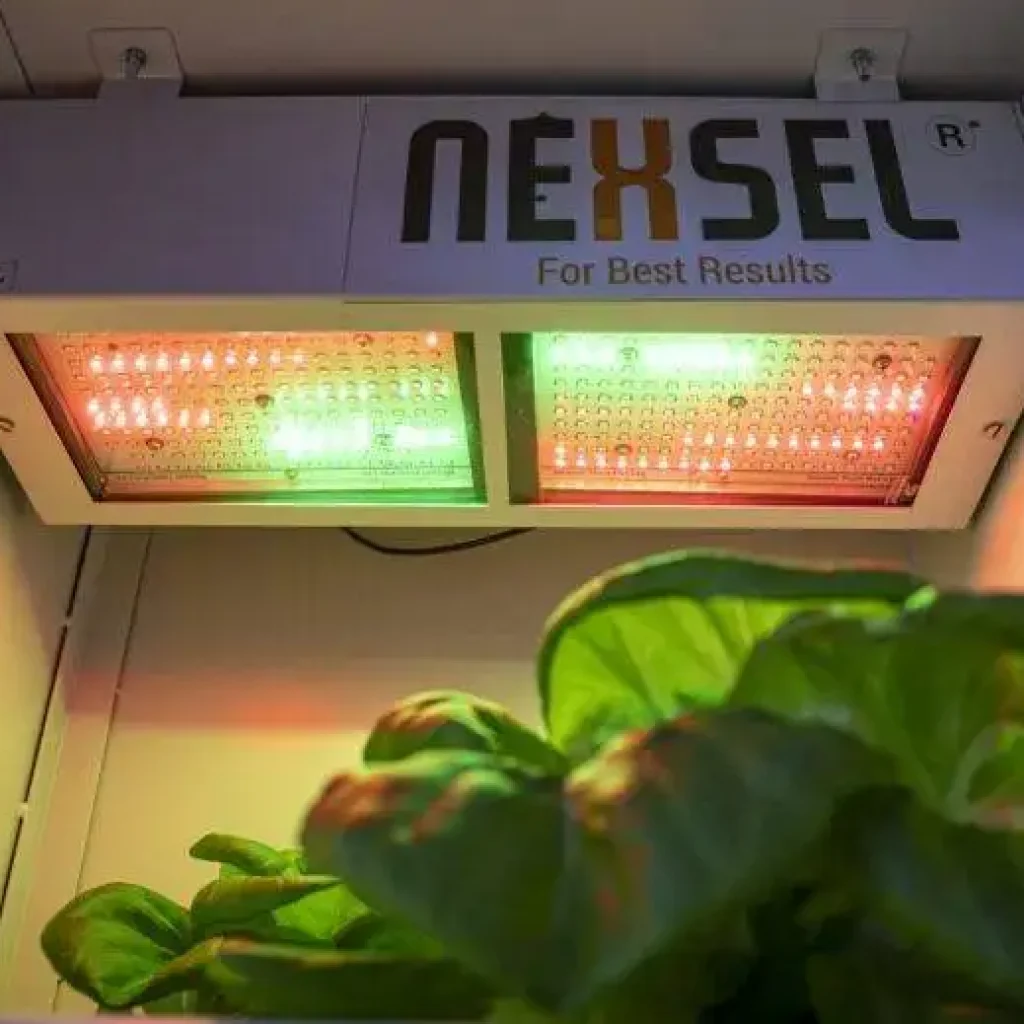
Enquire Now
Quick Link
Other Links
Design & Developed By VBTEK



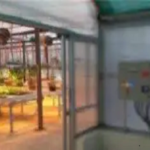
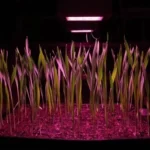
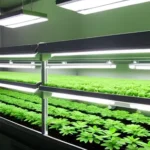

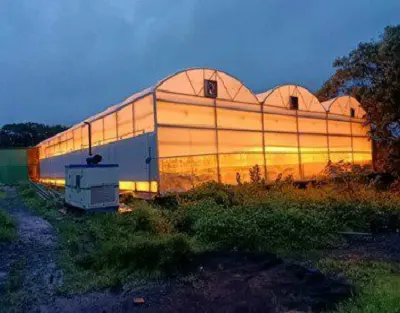
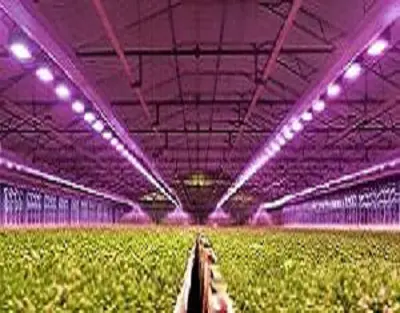
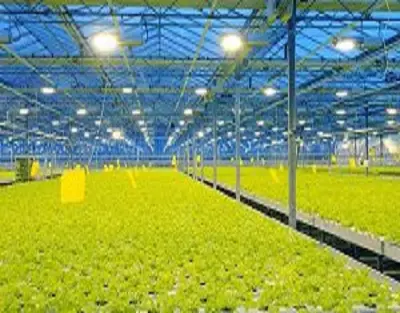

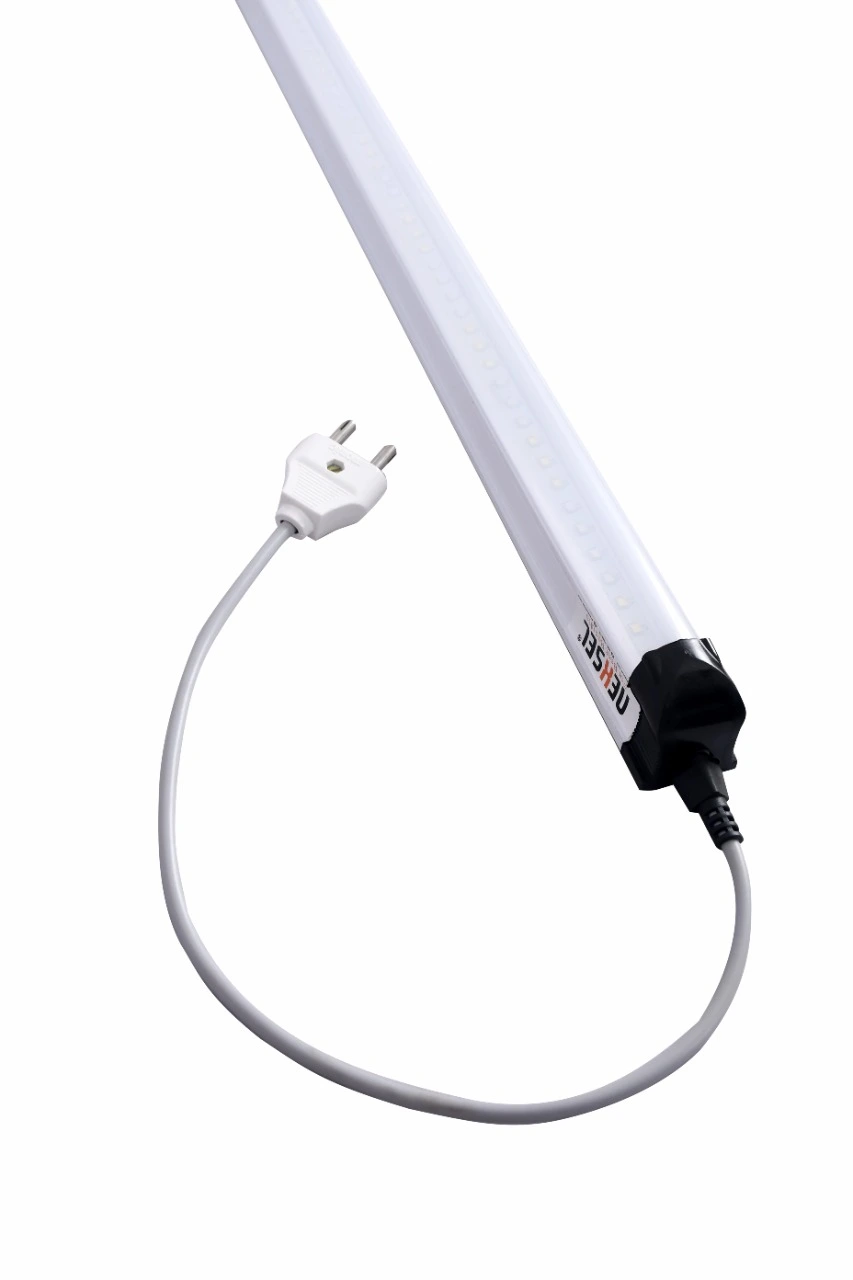
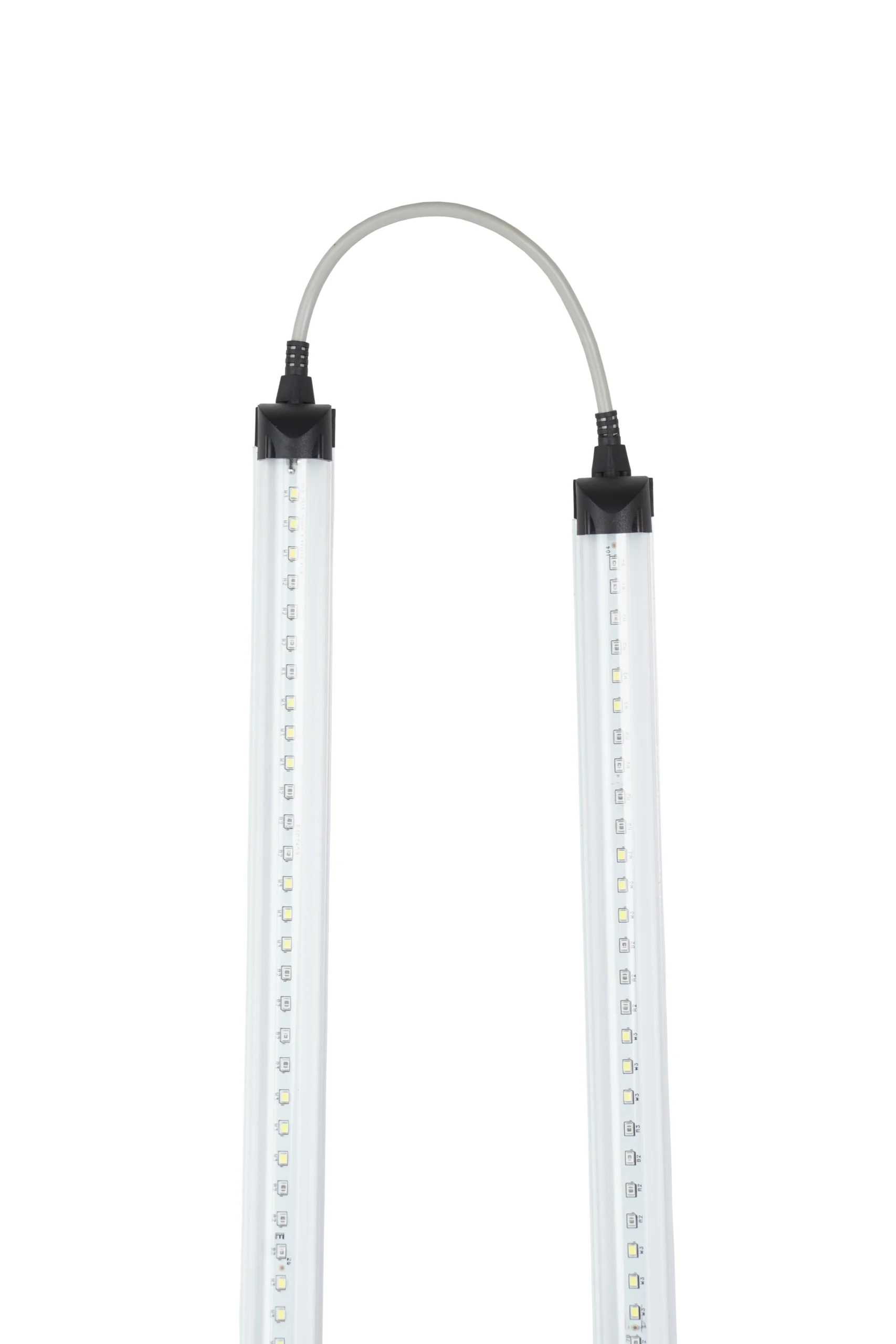
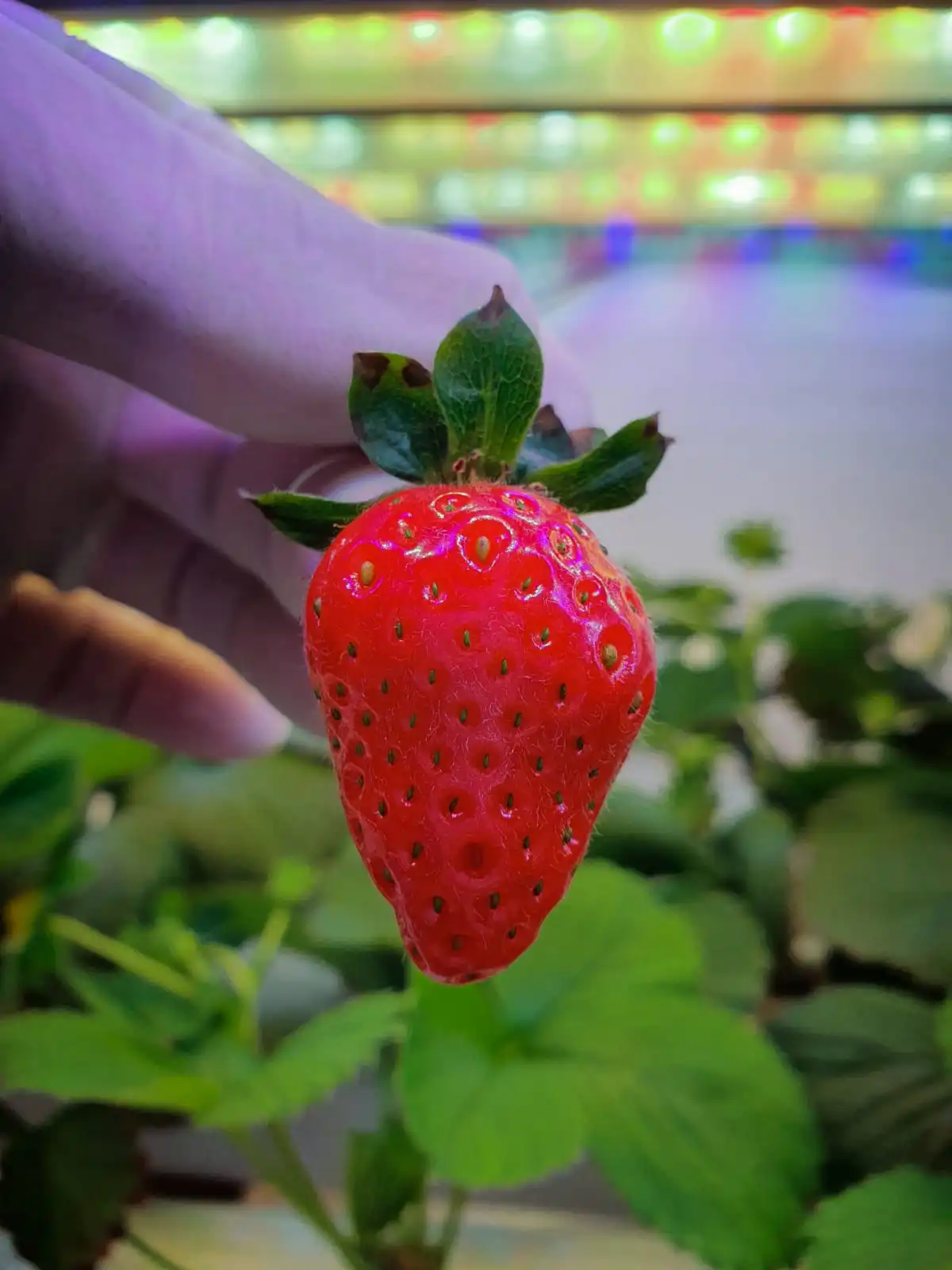

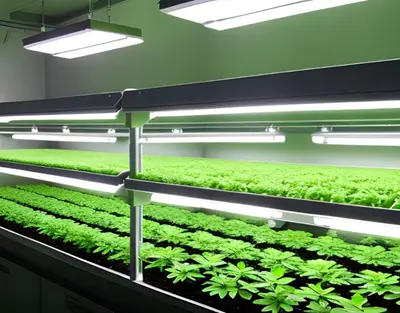


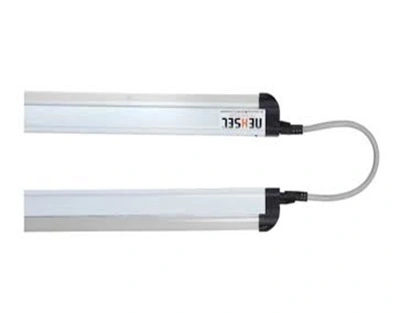
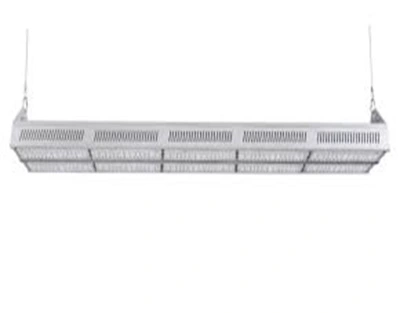
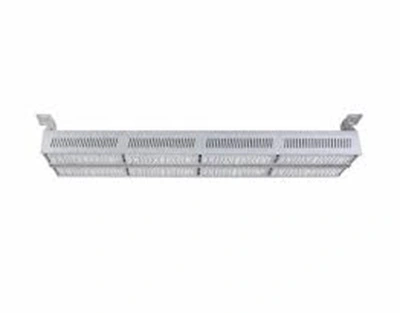


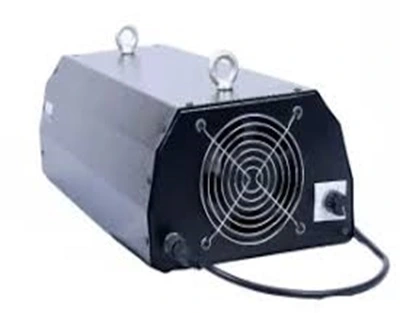
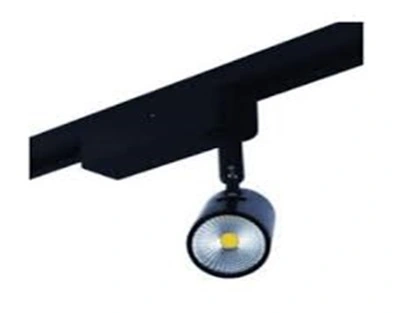
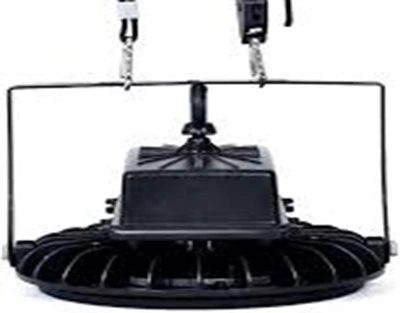
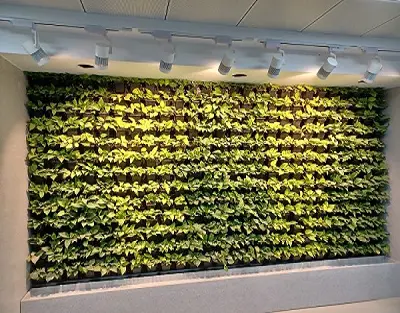
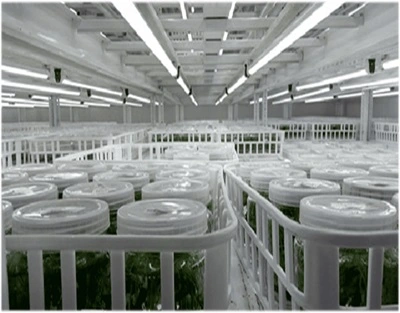
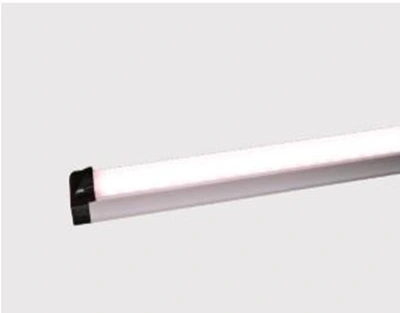
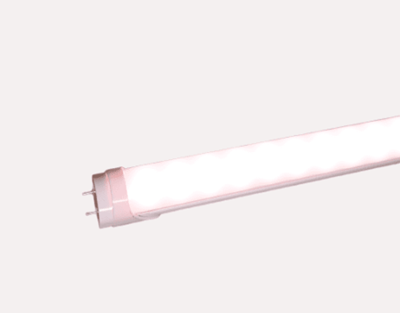
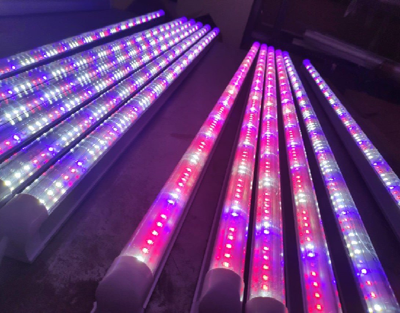

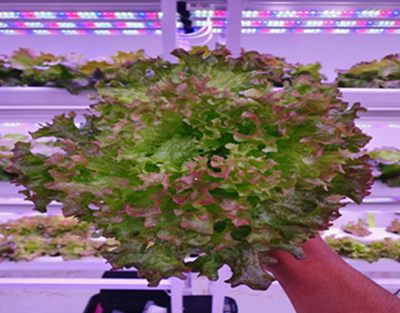
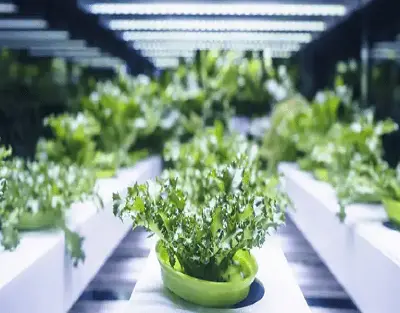



Leave A Comment